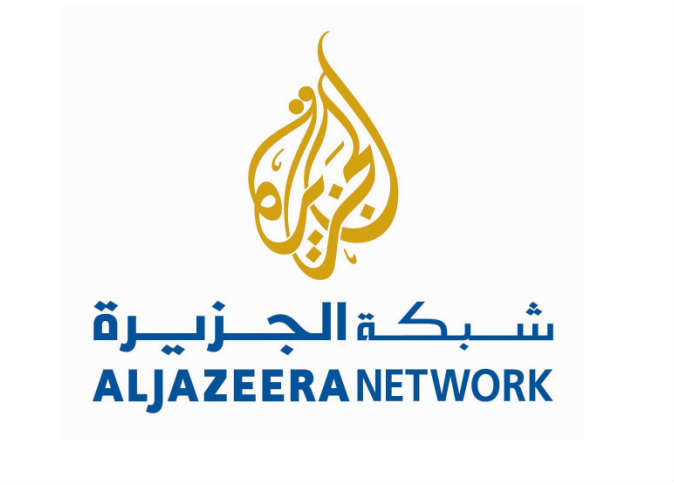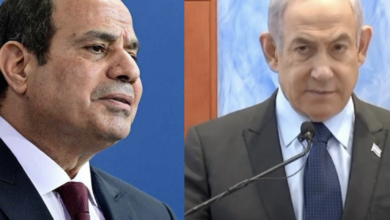
The State Litigation Authority's (SLA) spokesperson, Sameh Sayed, has denied allegations made by the Qatari-based Media network Al-Jazeera about suing the Egyptian government for damages.
The network reported on Wednesday that it would sue the Egyptian government for US$150 million for harassing its journalists and damaging their offices during the June 30 protests in 2013, which toppled former president Mohammed Morsi.
“We haven't received any notification of their claim and there is no contract between the Egyptian government and Al Jazeera for them to try to sue us; there is an investment treaty with both governments, with no regards to Al Jazeera, ” Sayed told satellite TV channel ONTV. Sayed pointed out that the SLA is ready to face whomever wants to harm the country.
Al Jazeera filed its claim with the World Bank's arbitration body, the International Center for Settlement of Investment Disputes, claiming that Egypt violated a bilateral investment treaty between Qatar and Egypt that was signed in 1999, which guarantees equitable treatment for investors by the governments of both countries.
“The treaty also ensures the treatment of Al Jazeera's staff in a manner consistent with international human rights laws, and respect for their right to freedom of expression,” said the press statement.
Al Jazeera alleged that they notified the Egyptian government in April 2014 of its intent to file a claim, giving them a six month grace period to resolve the dispute according to the treaty.
The network said it had no other choice but to file a claim through international arbitration as a result of the Egyptian government’s negligence of the memorandum submitted by the network. Egyptian authorities, however, continued attacks on the network and its staff, according to the network.
“Al Jazeera delayed pursuing the case in order to avoid jeopardizing the fate of its journalists put on trial by Egyptian authorities,” Saad Djebbar – an international litigation lawyer familiar with the case said.
Djebbar added that Al Jazeera had chosen an arbitration process because of the nature of Egypt's judiciary system, describing it as “politicized”.
Egyptian authorities had arrested Al Jazeera Arabic's journalists Abduallah Al-Shamy and Mohammed Badr in 2013, but both were released in 2015.
Moreover, Al Jazeera's three journalists, Mohamed Fahmy, Baher Mohamed and Australian Peter Greste, were sentenced to three years in prison for operating without a press license and broadcasting material harmful to Egypt.
Greste had already been deported in February 2015 and in September 2015 President Abdel Fattah al-Sisi pardoned 100 prisoners, including Fahmy and Mohamed.
The Al Jazeera Mubasher Masr channel shut down operations in Egypt in September 2013.



